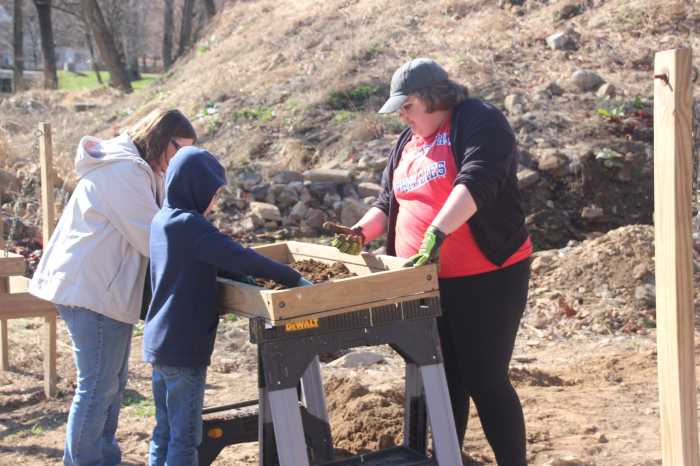By Luz Lancheros, MWN
Once envisioned for the near future, virtual education became an abrupt and sudden reality for millions of institutions worldwide because of the COVID-19 pandemic. And of course, moving from the interactivity, interaction and atmosphere of a face-to-face classroom to providing online resources and fighting attrition has become a big challenge. However, there is another pre-pandemic problem: the business of paying for homework and essays that are made by companies in India, Kenya and other places where academics can achieve a much better income than the job options on the local markets.
The issue is complex. For example, this year the UK saw a a debate on banning what is called “contract fraud,” led by Lord Michael Storey, who claims that these payments affect the quality of degrees in his country. In Australia, this practice is already banned and in the U.S., there has been a long debate about it, especially related to websites like Ace-MyHomework and EssayShark, which allow academics from developing countries do the work for students. And these sites, when questioned by experts in academic integrity, claim that they are only work as a tool for saving time on research. This system is already illegal in 17 states, but there is no strong punishment.
In addition, this method is difficult for universities to detect. They even created a product called Authorship Research, which analyzes sentence patterns. But with the rise of online education, these services have been refined. And there are countries like India, where it is possible to find professional companies with specialized content.
This is the case of ContentHolic, whose founder, Suneet Khumar Singh, already has 23 writers for specific subjects and above all, he says, takes the student’s side. In his company he does not, for example, allow online exams to be taken by another student. The company does up to 20 assignments a day and they always ask for files and study material. The most complex topics are mathematical and if they are not specialized in a specific topic, they don’t do it. In fact, they have done up to 30,000 assignments in the last 5 years. They receive tasks only in English from Europe, Asia and universities in Anglo-Saxon countries.
“Because of the pandemic students can no longer solve exercises in the classroom context and classes are online. The demand for doing homework and other assignments has increased,” Singh explained to Metro.
He considers that what his company does is not unethical, as many students ask for help. When asked about the price, he shows that it depends on the complexity of the assignment, “the material available and the time it takes.”
“By complexity I mean that it is more difficult to do assignments and tasks in mathematics and statistics, for example, than in other subjects,” he added. “Of course, when the teacher asks for changes to a project, the student lets us know and we manage them. Likewise, if he or she has to make a presentation, we take care of that and prepare the student to present it.”
The business is booming and there is still a debate on whether it is helping people “stranded” by online classes or an ambiguous way to defraud lazy students. But therein lies the dilemma: while this option is good for many academics in developing countries without job opportunities, for students in countries with more supply and opportunities it is simply an easy way to take jobs they never did and to give their institutions a dubious prestige.

































